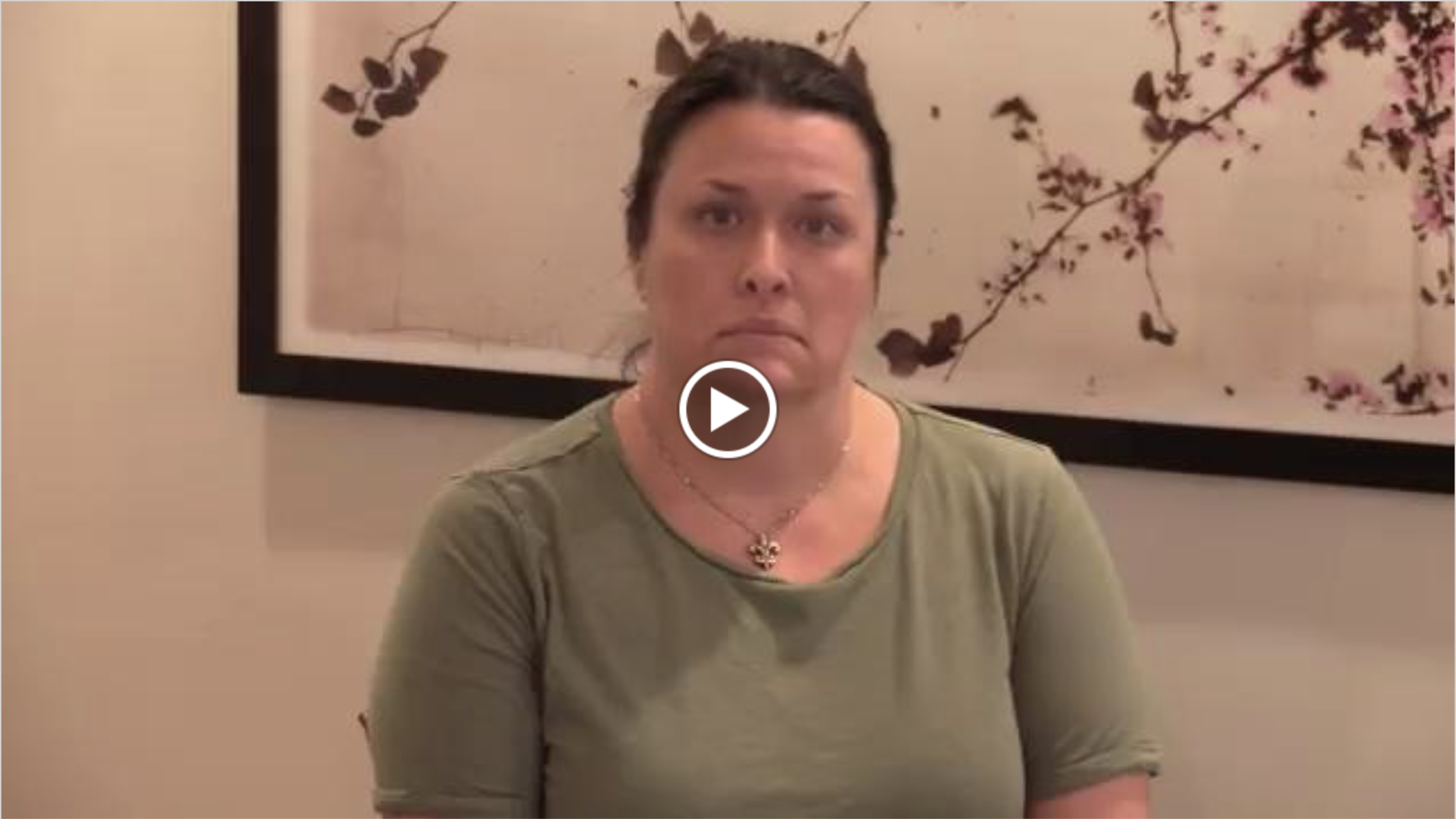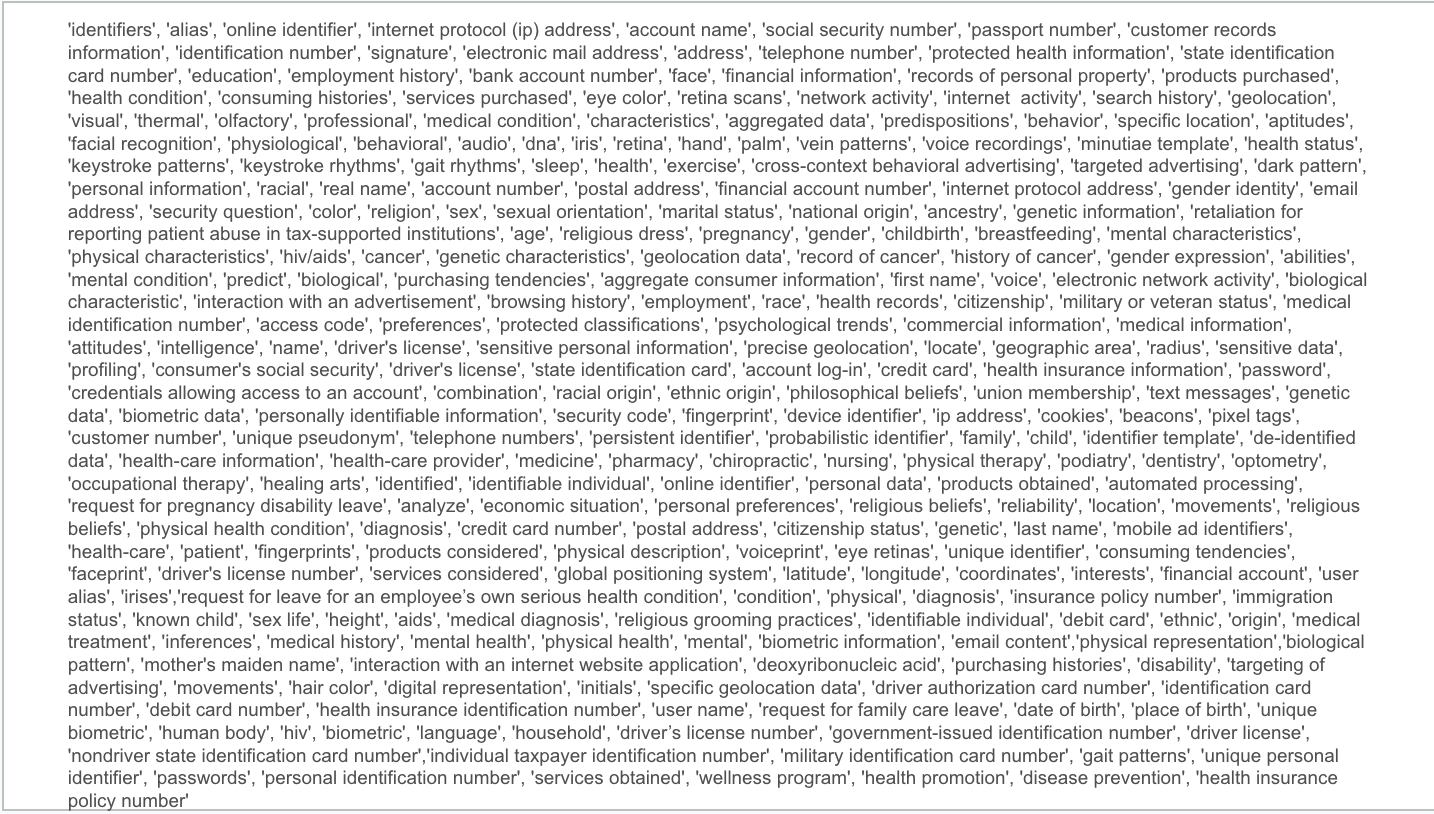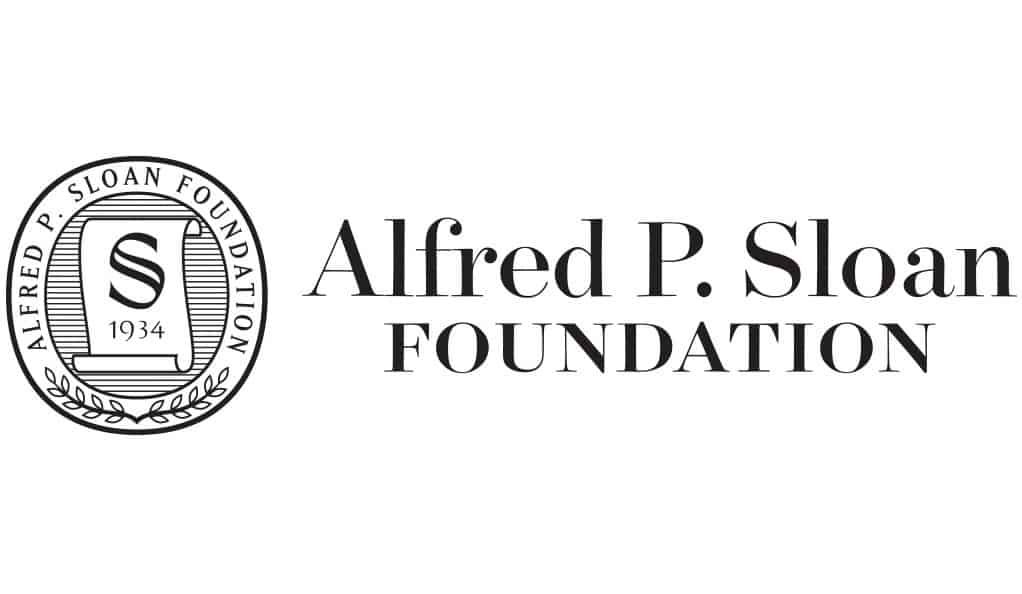RESEARCH
Research interests
My current research interests include: ethics, fairness, accountability, and transparency, privacy, the science of stories, computational social science, complex systems, networks, computer science, data science, and open source
Computational Ethics lab
The University of Vermont (UVM) Computational Ethics Lab is a research group located in the Vermont Complex Systems Center. Our team brings together a post-disciplinary group of researchers, faculty, and students working in complex systems, data science, mathematics, computer science, and philosophy. This research group works to gain a deeper understanding of the ethical impacts of modern socio-technological systems.
FEATURED papers & science communication
The Course Catalogs Project
We are a multidisciplinary team building an open, structured research resource from historic U.S. university course catalogs, a rich source of institutional memory. By extracting and analyzing data from these catalogs at scale, we aim to investigate the complex evolving landscape of higher education and make it accessible for researchers, administrators, and the public.
Lived Experiences measured using Rings (LEMURS)
LEMURS is a multi-year study to understand lifestyle practices that may impact health and wellness using the Oura Ring to collect physiological data. LEMURS aims to find a link between a person’s perceived well-being and their physiological measures such as heart rate variability, resting heart rate, sleep, and physical activity.
My team specifically investigates privacy perceptions, the quantified self, and differential privacy related to the LEMURS study.
Who Writes the Rules? Institutional Influence & Policy Formation on Generative AI in U.S. Universities
This project analyzed AI frameworks from over 1,429 U.S. universities and colleges to understand how generative AI policies are created, shared, and influenced. Our findings reveal a complex citation network and highlight which institutions, disciplines, and AI models shape the national conversation on AI governance in higher ed. (pre-print coming soon). Authors: Aviral Chawla, Laurent Hébert-Dufresne, Juniper Lovato
Foregrounding Artist Opinions
A Survey Study on Transparency, Owhttps://ojs.aaai.org/index.php/AIES/article/view/31691nership, and Fairness in AI Generative Art. Authors: Lovato, J., Zimmerman, J., Smith, I., Dodds, P., Karson, J. Proceedings of the 2024 AAAI/ACM Conference on AI, Ethics, and Society. 2024. (in press) [arXiv Link]
Diverse Misinformation
Impacts of Human Biases on Detection of Deepfakes on Networks. Juniper Lovato, Laurent Hébert-Dufresne, Jonathan St-Onge, Randall Harpa, Gabriela Salazar Lopez, Sean P. Rogers, Ijaz Ul Haq, and Jeremiah Onaolapo. 2024. npj Complexity [arXiv Link].
More Data Types More Problems
A Temporal Analysis of Complexity, Stability, and Sensitivity in Privacy Policies. Authors: Juniper Lovato, Philip Mueller, Parisa Suchdev, Peter S. Dodds. IIn 2022 ACM Conference on Fairness, Accountability, and Transparency (FAccT 23), June 2023, Chicago, USA. [Link]
PII Lexicon
287 words that are associated with personally identifiable information (PII) as defined by legislative definitions sections from eight U.S. state-level laws concerning consumer data privacy.
Distributed Consent
Limits of Individual Consent
and Models of Distributed Consent in Online Social Networks. Authors: Juniper Lovato, Antoine Allard, Randall Harp, Jeremiah Onaolapo, and Laurent Hébert-Dufresne. 2022. In 2022 ACM Conference on Fairness, Accountability, and Transparency
(FAccT ’22), June 21–24, 2022, Seoul, Republic of Korea. ACM, New York, NY, USA, 19 pages https://doi.org/10.1145/3531146.3534640. [Link]
A How To:
reflections on planning virtual science conferences. August 6, 2020. by Juniper Lovato (general conference chair) and Laurent Hébert-Dufresne (conference co-organizer), Vermont Complex Systems Center, University of Vermont
papers & Pre-Prints
Current Funding
Any opinions, findings, and conclusions, or recommendations expressed in this material are those of the authors and do not necessarily reflect the view of the funding agencies listed below.
Award Number:2242829. For support of the RII Track-1: Harnessing the Data Revolution for Vermont: The Science of Online Corpora, Knowledge, and Stories (SOCKS)
Grant Number: G-2024-22498. For support of the VErmont ReSearch OSPO (VERSO) Project. support land-grant open source software as a part of the University of Vermont open source programs office
For support of the MassMutual Center of Excellence in Complex Systems and Data Science














